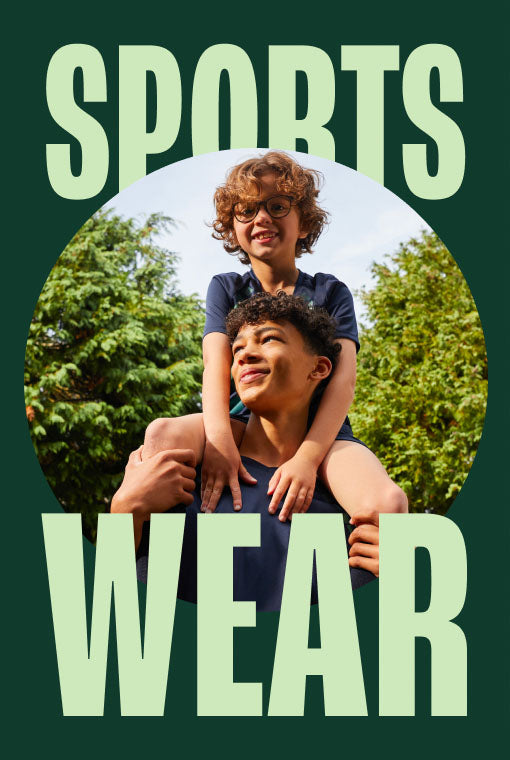Many shoppers are being faced with more decisions than ever when it comes to buying clothes. The biggest dilemma is the confusion around the language of sustainability. So, here is a handy guide for you to use.
Ethical
This refers to the treatment of people. Are they paid a living wage? Do they have adequate breaks and are of legal age to work? Focusing on the social and environmental impact of fashion. And looking to improve the working conditions of laborers and clothing production processes. Read more about our Ethical Policy
here.
Cruelty-Free
Refers to the welfare of animals. Are any animals hurt/harmed from making the garment? In clothing manufacture, this means that no animal products are used. Whereas with beauty this can differ and mean that the product wasn’t tested on animals. To be sure of animal-free products, you should look out for the Vegan sign.
Organic
A product/ fabric that is derived from living matter, without the use of chemicals, fertilizers or pesticides. You may have heard of organic cotton, but you can also get organic hemp, bamboo, and silk, to name but a few. We often think that organic is of better quality. But it requires a lot more water and irrigation than conventional cotton. Pesticides are used on conventional cotton which can cause damage to the environment and local resources.
Sustainable
It seems to be the “buzz” word of the minute. But what does it mean? Sustainable fashion focuses on the environmental impact of clothing. How a product is taken from the earth and how it goes back into the earth. It focuses on how different fibres and production methods impact the environment and seeks to create a circular system that lessens the human impact on the environment. Can it be maintained at a certain level without being harmful to the planet?
Slow Fashion
This means the opposite of fast fashion. Focusing on creating quality garments that are made to last and are durable. Making garments last longer means that that they don’t need to be replaced as often. These often have longer lead times within production.
Greenwashing
A misleading claim about the environmental benefits of a product. Companies engaged in greenwashing typically exaggerate their claims or benefits to mislead consumers. This can mean when a company makes a gesture towards sustainability without following it through in everything they do, but promote that single activity as if it’s all they do.
Carbon offsetting
What is it and how does it work? The idea behind carbon offsetting is that the carbon emissions generated through an activity (like flying or driving) are calculated, and then an equivalent is “paid off” using a scheme that reduces greenhouse gas. The money from these schemes is then used to fund programs that offset an equal amount of emissions. Many critics believe that offsetting has no benefit to the climate and is not the way forward as it doesn’t promote a change in behaviour. What we should be doing is reducing our emissions entirely. You can reduce your individual carbon footprint by avoiding air travel, install renewable energy within your workplace/school/home, buy a more economic car and look to decrease the amount of meat and dairy you consume.
Biodegradable/ Degradable/ Compostable
What do they all mean? Here is a break down:
Biodegradable means that living things, such as fungi or bacteria, can break it down. The ability to biodegrade depends on temperature and exposure to UV light. Meaning products thrown into landfills will never biodegrade completely.
Degradable items don't have living organisms as part of the breakdown process. Degradable bags are not classed as biodegradable or compostable. Chemical additives are used to break it down quicker than a standard plastic bag.
Compostable means that you can throw an item into your home composting bin, right? Wrong! Compostable bags biodegrade, but only under the correct conditions. Some compostable items may be suitable for home composting. Whereas others are only suitable for industrial composting. Always check the label carefully.
For more information on biodegradable, degradable and compostable, please click
here.
If you have any questions about the language of sustainability or if there is something you would like us to write about, please feel free to get in touch.
CLICK HERE.








